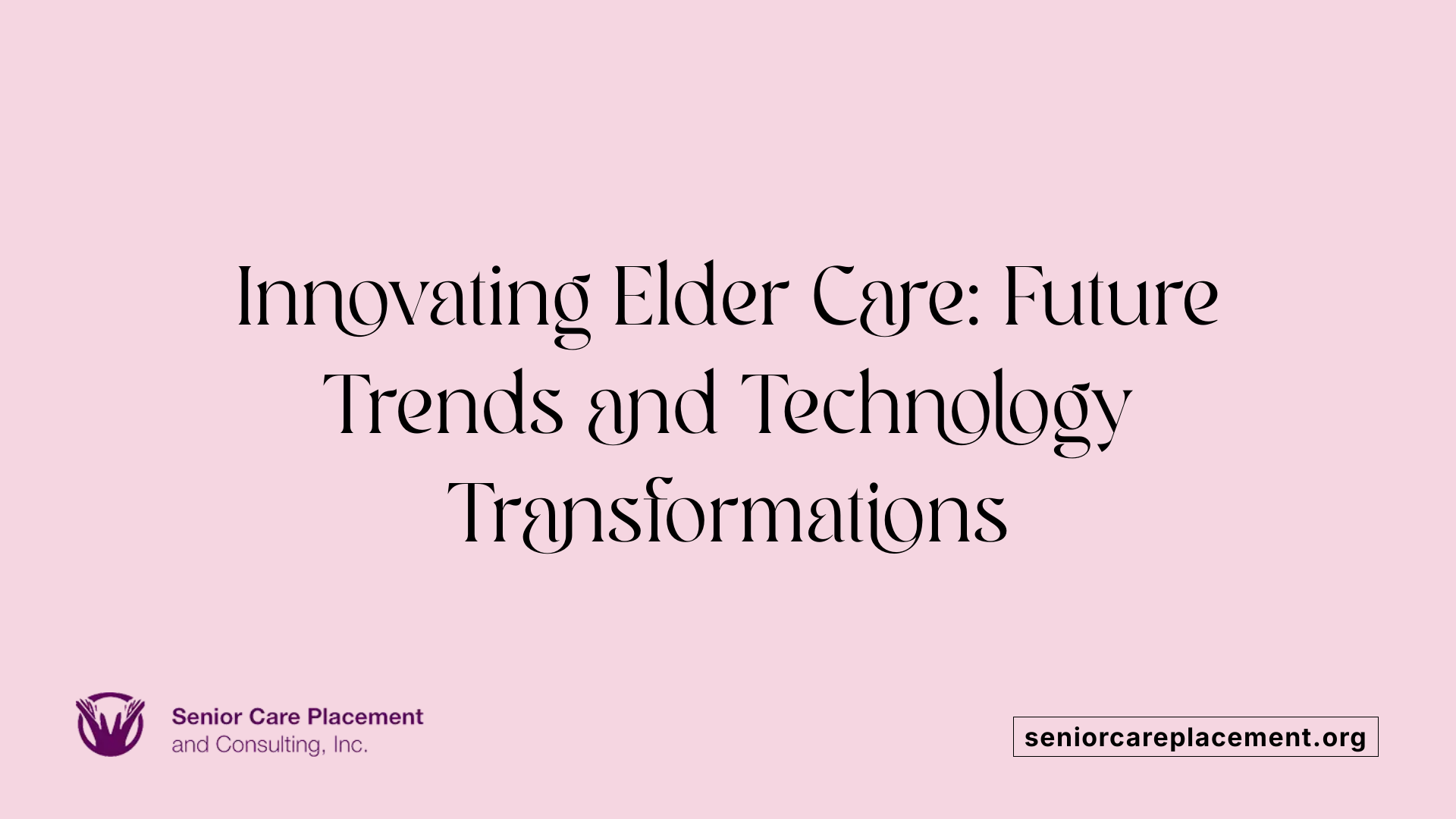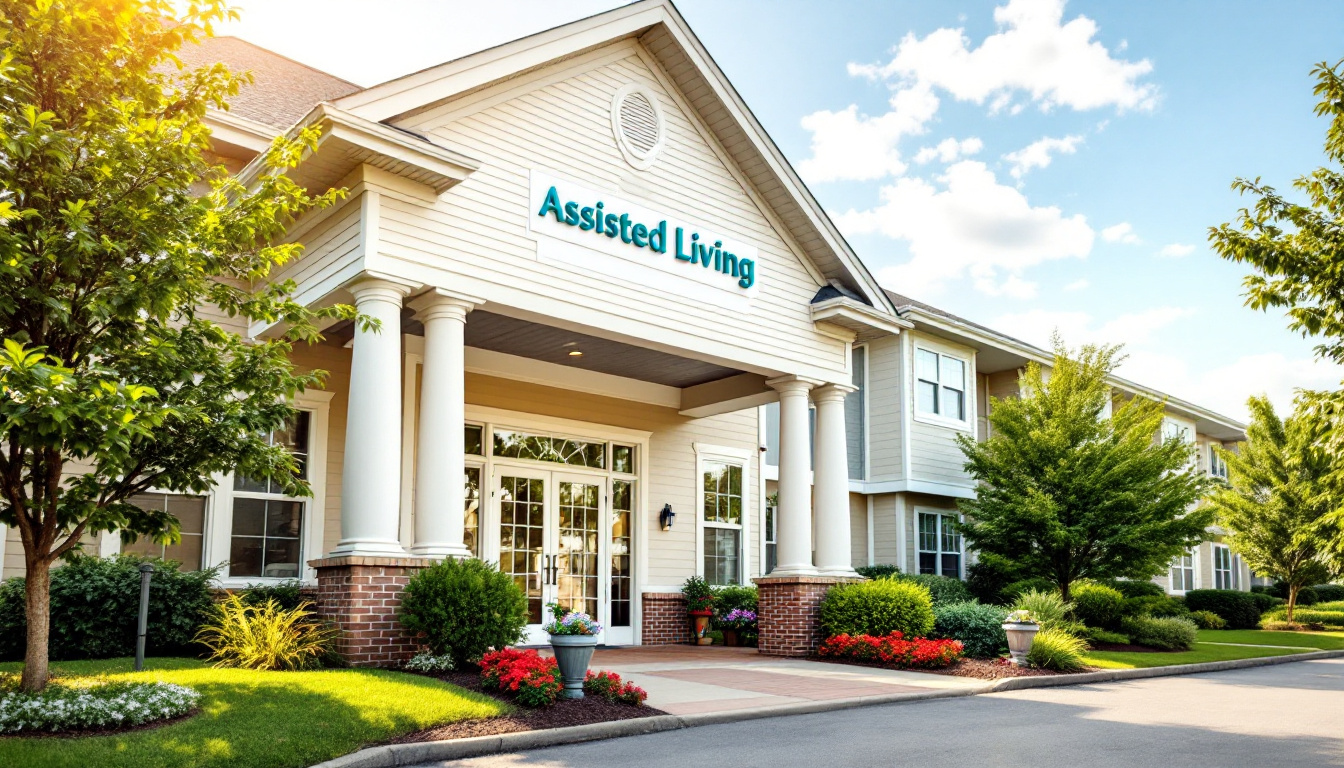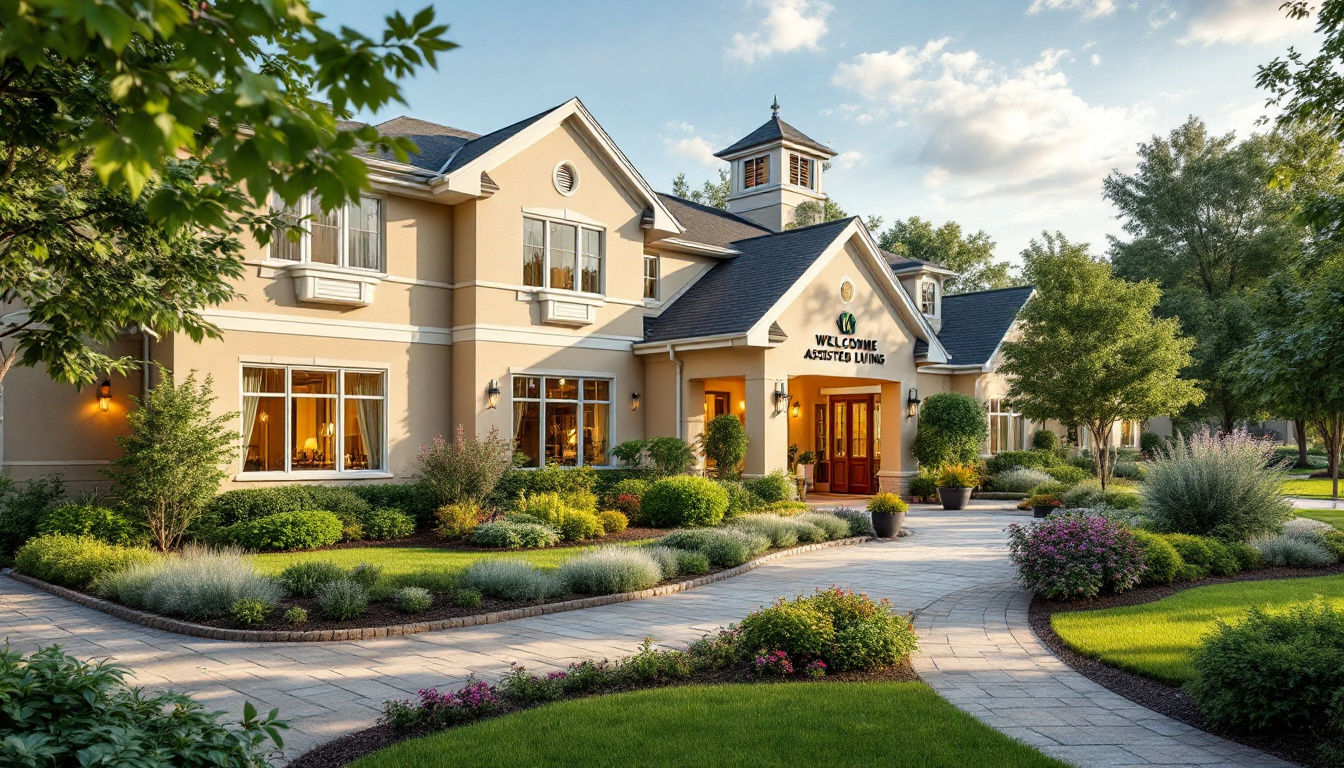The Importance of Personalized Senior Care Plans
Elevating Elder Care Through Customised Strategies

Understanding the Significance of Personalized Senior Care Plans
As the aging population grows, so does the recognition of personalized senior care plans as vital for enhancing quality of life. Tailored approaches ensure that each senior’s unique needs, preferences, and health conditions are addressed holistically and compassionately, fostering independence, safety, and well-being.
The Rationale Behind Personalized Care Planning

Why is a care planning important for the elderly?
Personalized care planning is crucial for seniors as it ensures that their unique health, emotional, and lifestyle needs are addressed comprehensively. These plans are developed through collaborative efforts involving residents, their families, and multidisciplinary healthcare teams. This inclusive process guarantees that care is tailored to the individual’s preferences, routines, and cultural background, fostering dignity, autonomy, and a sense of security.
A well-structured care plan helps in managing complex health conditions, such as chronic illnesses and cognitive impairments like dementia, by providing specific treatments, medications, and therapies suited to each person. This targeted approach reduces health risks, prevents hospital readmissions, and supports effective management of ongoing medical needs.
Moreover, care plans are flexible and regularly reviewed, allowing caregivers to adapt support strategies as the senior’s health evolves. This dynamic process enhances overall well-being, promoting independence and social engagement while respecting personal choices and routines. Ultimately, personalized care planning is about improving quality of life, safeguarding safety, and nurturing a sense of control for seniors in care settings.
Core Components of a Personalized Care Plan

What is the purpose of an individualized care plan?
An individualized care plan (ICP) is a personalized document that clearly outlines an individual's unique care needs, preferences, and goals. Created through thorough assessments of their health status, lifestyle, and personal aspirations, the ICP serves to tailor care strategies to support the person holistically.
The main aim of an ICP is to ensure that every aspect of care—medical treatment, emotional support, and daily living assistance—is appropriate and effective for the individual. It involves collaboration between healthcare professionals, caregivers, and the individual to establish clear, actionable objectives that promote independence and well-being.
Regular reviews and updates of the care plan are vital. As the individual's circumstances evolve—due to health changes, new preferences, or other factors—the care plan adapts to remain relevant and supportive.
Overall, the ICP fosters a person-centred approach, respecting autonomy and dignity while aiming to improve health outcomes and quality of life.
The Impact of Personalization on Health and Well-Being

How tailored care improves health outcomes
Personalized care plans are essential because they focus on the individual’s unique health conditions, history, and preferences. By creating customized treatments, medications, and therapies, these plans address specific medical needs effectively. This targeted approach helps reduce risks, prevent complications, and often results in fewer hospital visits. For example, managing chronic illnesses like diabetes or heart disease becomes more precise, leading to better overall health. Regular assessments and adaptations ensure that the care remains relevant as the individual's health evolves, promoting early detection of issues and timely interventions.
Promoting independence, emotional health, and social engagement
Personalized care fosters a sense of independence by empowering individuals to make decisions about their daily routines and activities. Respecting personal preferences and habits helps seniors retain control over their lives, which boosts confidence and self-worth. Emotional well-being is also prioritized by including elements like family visits, hobbies, and spiritual practices, all of which help combat loneliness and foster happiness. Additionally, activities tailored to personal interests enhance social engagement, strengthening relationships with caregivers and loved ones. This holistic approach ensures that physical, emotional, and social needs are addressed, leading to a more fulfilling and healthier life.
| Aspect | Benefits | Examples |
|---|---|---|
| Health Outcomes | Improved management of medical conditions | Chronic disease management, medication reviews |
| Independence | Increased self-reliance | Adapting routines, promoting participation |
| Emotional Well-Being | Enhanced mood and mental health | Inclusion of hobbies, family visits |
| Social Engagement | Reduced loneliness and isolation | Community activities, communication with loved ones |
Personalized care plans are versatile tools that continually adapt to changing needs, ensuring ongoing safety, comfort, and dignity. They also deepen relationships between seniors and caregivers, fostering a trusting environment. As technology advances—like wearable devices and remote monitoring—the ability to personalize care is set to improve even further, making support more responsive and effective.
Technological and Future Trends in Personalised Senior Care

Why is personalized patient care important?
Personalized patient care is essential because it tailors healthcare strategies to each individual's specific needs, genetic makeup, medical history, and social background. This approach allows for more precise diagnosis, targeted treatments, and preventive measures that are most effective for the individual.
Advancements in technology play a significant role in making personalized care more effective. For example, innovations like artificial intelligence (AI), wearable devices, and remote monitoring tools are transforming how care is delivered.
AI can analyze vast amounts of data to identify patterns, predict health risks, and suggest customized interventions. Wearable technology continuously tracks vital signs, activity levels, and even sleep patterns, providing real-time insights that help in early detection of health issues.
Remote monitoring allows healthcare providers to keep a close eye on residents' health status without frequent in-person visits, enabling timely responses to any changes. These technologies not only personalize care but also improve efficiency by reducing unnecessary hospital visits and optimizing resource use.
The evolving role of technology in senior care emphasizes a shift towards more proactive, engaging, and adaptable support systems. Future developments aim to integrate more sophisticated data analytics, artificial intelligence, and IoT devices, making senior care more responsive and personalized than ever before. This ongoing innovation ensures that seniors can maintain independence, improve their quality of life, and receive care that adapts seamlessly to their changing needs.
Holistic and Adaptive Approach to Elder Care

Why is a care planning important for the elderly?
Care planning plays a vital role in ensuring the health, safety, and overall well-being of elderly individuals. It provides a centralized, person-centered framework that thoroughly assesses their unique medical, emotional, and social needs. By involving residents, families, and healthcare providers, these plans help tailor support to fit personal routines, preferences, and cultural backgrounds.
A well-constructed care plan promotes independence and dignity, allowing seniors to maintain control over their daily lives. It addresses complex conditions like dementia accurately and proactively, reducing risks and preventing hospitalization.
The importance of ongoing review and flexibility in care plans
Elder care is dynamic, with needs often changing over time due to health conditions, aging, or lifestyle adjustments. Regular reviews of care plans ensure they remain relevant and effective. Adaptability is crucial to respond to new challenges, like emerging medical conditions or evolving personal preferences.
Flexible care plans facilitate timely interventions, minimizing potential complications and maintaining positive health outcomes. They enable care teams to make real-time adjustments, enhancing the safety and satisfaction of residents.
Addressing emotional, social, and physical needs effectively
Comprehensive elder care emphasizes a holistic approach—recognizing the importance of emotional and social support alongside physical health. Activities that foster social engagement, such as family visits or community participation, are integrated into care strategies.
Furthermore, emotional well-being is supported through companionship, mental stimulation, and cultural activities, combating loneliness and fostering happiness. Physical needs like mobility, safety, and medication management are addressed with tailored interventions.
By continuously adapting to the changing needs of seniors, personalized care plans promote a balanced, fulfilling lifestyle that champions independence, emotional stability, and overall quality of life.
| Aspect of Care | Focus Area | Examples | Importance |
|---|---|---|---|
| Medical Needs | Ongoing health assessments | Regular health check-ups | Ensures timely medical intervention |
| Emotional Well-Being | Social engagement & companionship | Family visits, hobbies | Reduces loneliness, boosts happiness |
| Physical Support | Safety measures & mobility aids | Fall prevention, assistive devices | Maintains independence & safety |
This adaptable, person-centered approach in elder care ensures that each individual receives compassionate and effective support, tailored to their evolving needs and preferences.
Advocating for Tailored Care for Better Living
The shift towards personalized senior care planning embodies a compassionate, effective, and sustainable approach to elder care. By prioritizing individual needs, preferences, and changing health conditions, these plans foster dignity, independence, and joy in later years. As technology advances and collaborative care models become more refined, personalized care plans will continue to be instrumental in shaping a future where elders receive supportive, respectful, and empowering care tailored precisely to them.
References
- How Personalized Care Plans Improve the Resident Experience
- Customized Care at Home: The Benefits of Personalized Care Plans
- Why Personalized Care Plans Make a Difference in Senior Home Care
- Why Personalized Home Healthcare is Essential for Elderly Care
- Understanding Personalized Senior Care
- Personalizing Care Plans for Seniors: Why One Size Doesn't Fit All
- Short-Term Elder Care: The Benefits of Personalized Care Plans
- Customized Senior Care Planning - 2nd Family





































































































